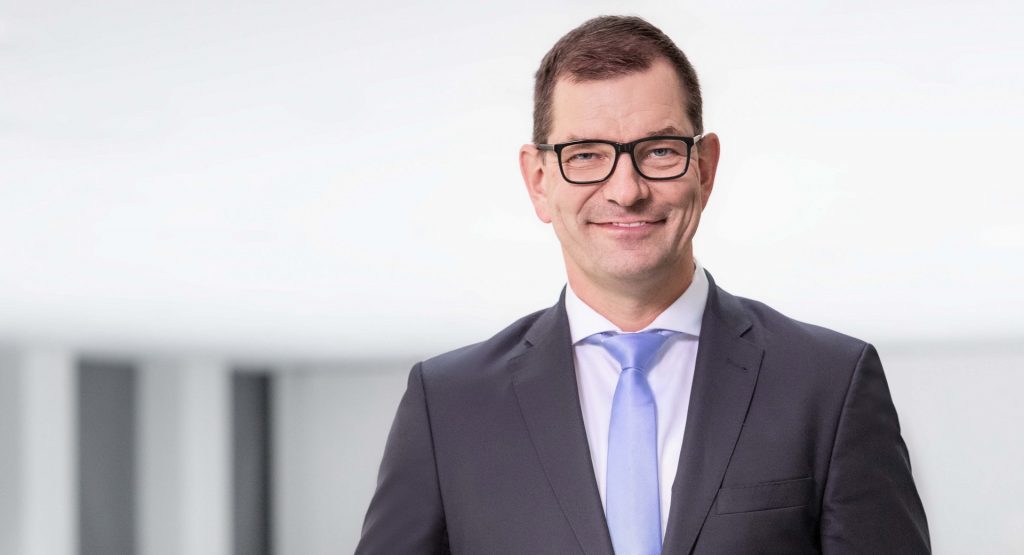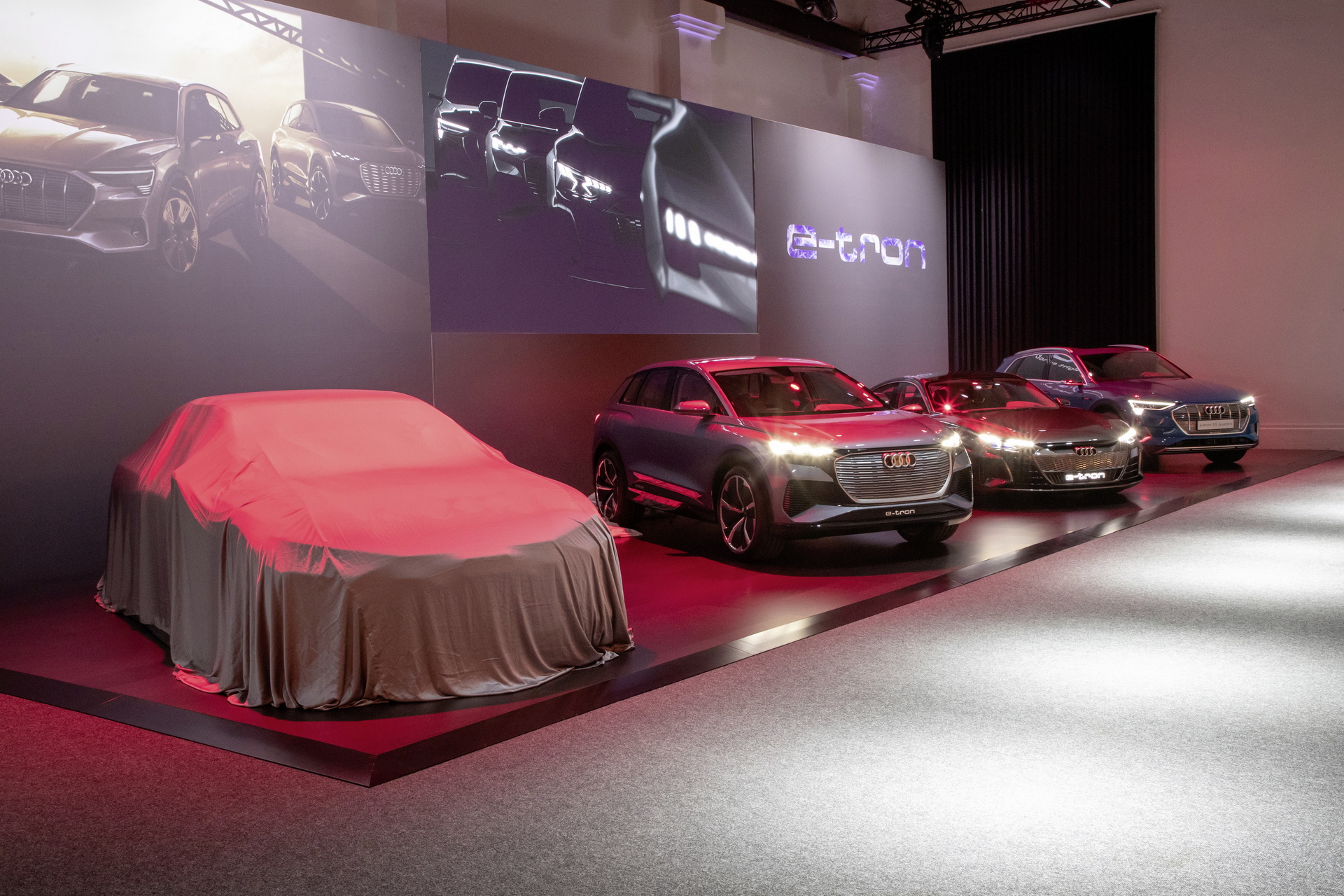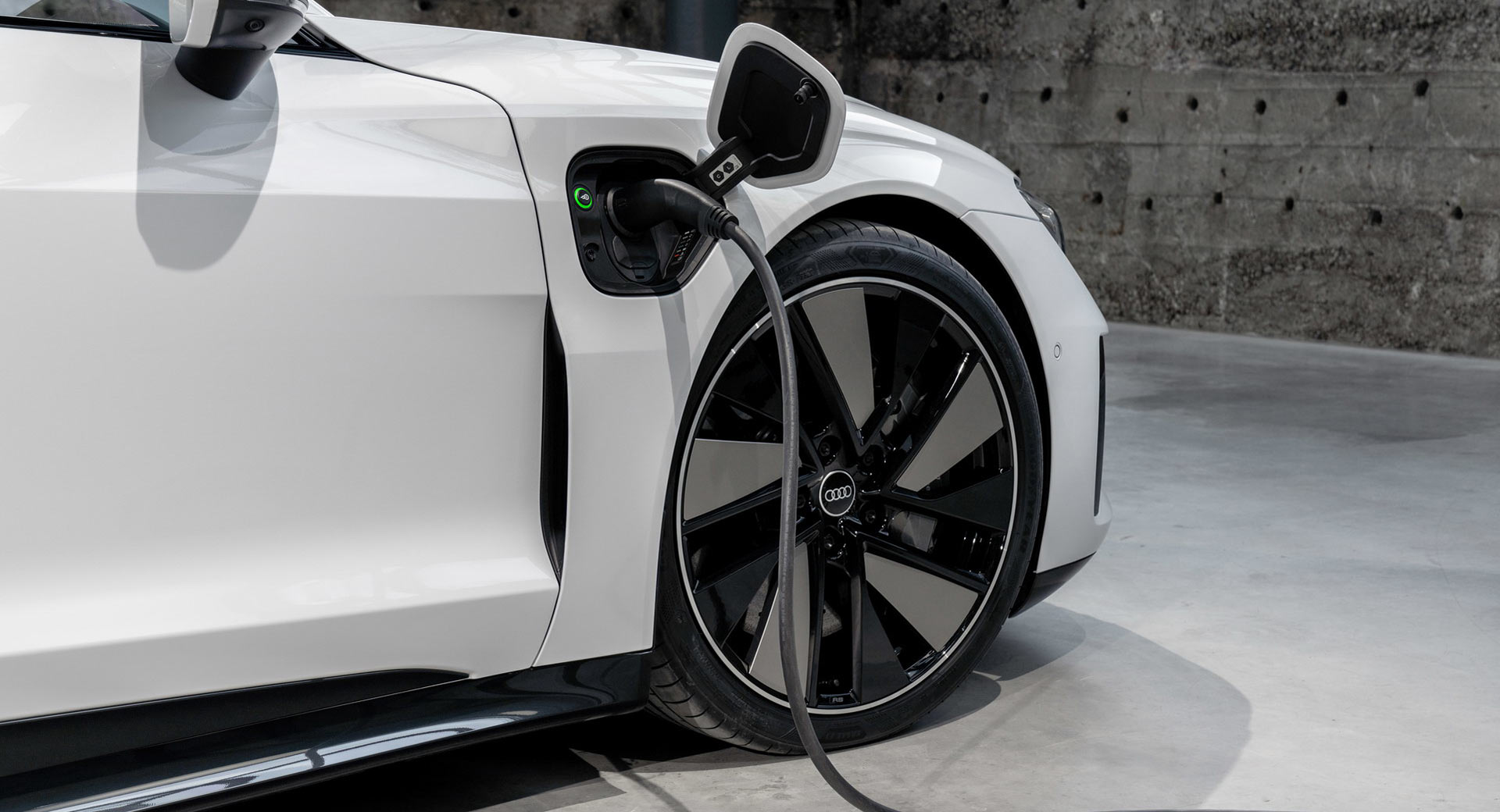Audi CEO Marcus Duesmann recently announced that the ongoing global chip shortage has severely affected its operations, but he is confident that the company will make it through the drawback. He also showed optimism that the profitability gap between fuel-powered cars and EV’s would be closed within the next three years.
Auto manufacturers around the world have been seriously struggling with the situation, and as Volkswagen’s biggest profit contributor, Audi has been one of the group’s biggest concerns. Speaking to Reuters, Duesmann, who is also responsible for Lamborghini, Ducati, and Bentley which fall under Audi’s umbrella, admitted that the chip shortage is a severe challenge, calling it a “perfect storm.”
The CEO, however, was confident in the capabilities of his colleagues and said that the Volkswagen Group as a whole is dealing with the situation in an appropriate fashion. Duesmann, who is also a member of the group management board, stated that they were strengthening their relationship with chipmakers and would come out of the semiconductor crisis even stronger than before.
Related: VW Wants To Overtake Tesla As World’s Biggest EV Maker By 2025
Even though car manufacturers have seen a decline in sales as a result of not being able to meet the expected demand, there is encouraging news in terms of profit margins. Audi reported in July that its profit margin surged to 10.7 percent within the first half of 2021 and was responsible for over a quarter of operating profit for the Volkswagen Group’s mid-year financials.
Audi has shown their dedication towards going all-electric and is confident that internal combustion engines will no longer be produced by 2033. “The point where we earn as much money with electric cars as with combustion engine cars is now, or… next year, 2023. They are very even now, the prices,” said Duesmann.
The Volkswagen group is confident that Audi’s switch will make them a serious competitor for leading EV maker, Tesla. VW Group CEO Herbert Diess has backed the company’s effort to develop software and believes that it will be a “game-changer” in the industry. Duesmann said that the internal effort towards software development is crucial for Audi, as it will be integrated into their own EV vehicles. “Certainly, we could share our software platform with other automotive companies, but that’s more mid-term, long term… 5-10 years” he said.






